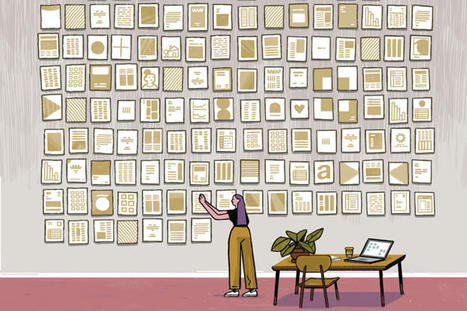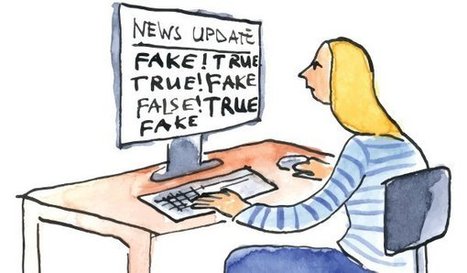False content online has only multiplied over the years. But the fake news designation has also been used to serve all kinds of purposes—including, increasingly, to disparage real news reporters—so most experts now avoid the term. Instead, researchers usually talk about disinformation, which is purposefully false, and misinformation, which is unwittingly false (either because the publisher made a mistake or because the person sharing the content did). As false content spreads through social media networks, it can oscillate between the two, and it can manifest in various forms, including memes, tweets, or “imposter” content made to imitate real news stories.
Research and publish the best content.
Get Started for FREE
Sign up with Facebook Sign up with X
I don't have a Facebook or a X account
Already have an account: Login
News, reviews, resources for AI, iTech, MakerEd, Coding and more ....
Curated by
John Evans
 Your new post is loading... Your new post is loading...
 Your new post is loading... Your new post is loading...

Carolina Orgnero's curator insight,
May 28, 2019 9:47 AM
A topic that we have to handle well to teach it to our students and share tips with colleagues on how to discuss it in class.
|

Tina Jameson's curator insight,
July 25, 2019 7:35 PM
A well presented essay / article on the necessity of teaching our 'citizens' digital and information literacy and to cultivate a persistant and healthy scepticism towards the information they read online. My favourite phrase in the piece: "Most importantly, we must emphasize verification and validation over virality and velocity." 
Federico Santarelli's curator insight,
August 4, 2019 11:37 AM
Already, science and technology can help us fight fake news, which is a problem of cultural origin and poor conscience like compulsive sharing, it takes honest conscientious work of individual users in an organization, what do we think, what do we mean, what do we feel ?
|












